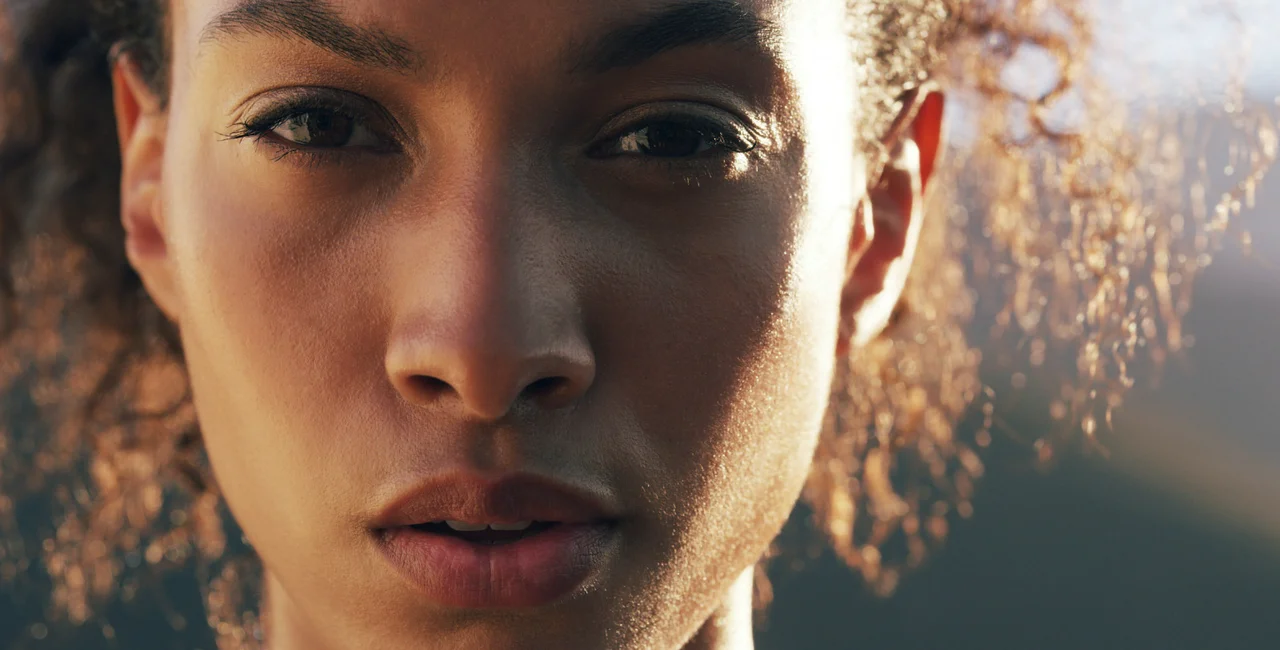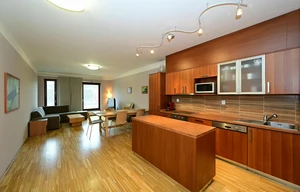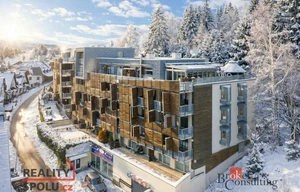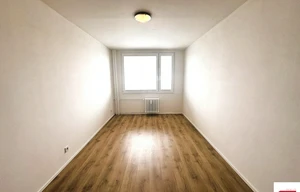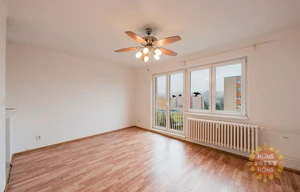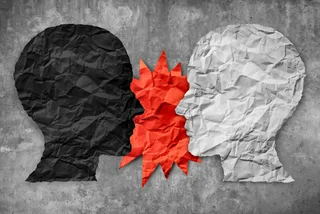It’s the talk. Not the one about sex, or about how to handle yourself as a Black man if stopped by the police.
Many people of color living in the Czech Republic are currently having a talk with friends and colleagues about the impact of race on their daily lives.
These conversations were prompted by the media storm over the killing of a Black man, George Floyd, by a white policeman in Minneapolis. As much of the world saw in a viral video, the officer pressed his knee down on the victim’s neck for over eight minutes during an arrest for the alleged use of counterfeit $20 bill.
Floyd’s death has led to an unprecedented outpouring of fury over racial inequity, discrimination, and police brutality reminiscent of the 1960s Civil Rights protests.
The Minneapolis episode is just one of a slew of viral videos capturing the shocking regularity of racism in the United States. From an entitled dog walker threatening a Black birder to a policeman pepper-spraying a peacefully protesting teen, these images have galvanized supporters of Black Lives Matter on a global scale.
So how do people of color experience racism in the Czech Republic? Expats.cz spoke in-depth to four people to get their perspective:
“It was like living with the Ku Klux Klan”
“It was like being in Alabama in the 1920s with the Ku Klux Klan and ‘passing’ as white,” says Bill Bila, recalling his eight-year work stint in the Czech Republic. “You got to hear what everyone thought of Roma, which was pretty awful.”
Bila, whose parents are Slovak, was born and raised in Connecticut and only learned that his mother was a member of the Roma minority — often referred to as Gypsies — when he was 12. But when he worked in Prague for Ernst & Young and then as a recruiter in the early 1990s, no one knew Bila belonged to what human rights advocates say is Europe’s most disadvantaged minority.
“A guy at work told me his car was broken into and said the thieves were too dumb to steal the panel that makes the radio work, so they must be gypsies,” Bila recalled. “It got to the point where I just couldn’t stand the racism anymore. It’s one of the reasons I left Prague, I had to either fight or stay quiet about it and die inside.”
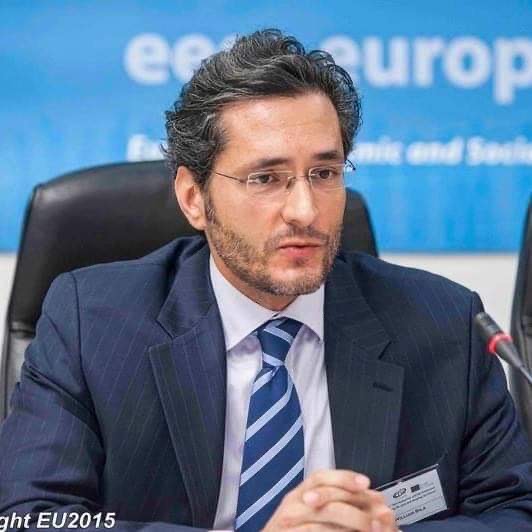
Bila, who has done extensive volunteer work in the area of anti-discrimination, has since lived in Munich, Richmond, Va, Toronto, and Paris where he currently resides.
He sees racism in France as equally disturbing and noted that it doesn’t often get the attention that it deserves.
“How many people of color are in parliament or on company boards? Racism is about people in power keeping their power.”
The same conditions apply to the Czech Republic, he continued.
“Roma get beaten by police, they are disproportionately incarcerated, but they don’t have a long tradition of standing up for themselves,” said Bila.
Still, he was hopeful about the future. “I see a new generation of Roma who are active in civil society, who speak English and who are trying to make the world a better place.”
Tram riders call them monkey and burnt potato
“A few months ago my kids were horsing around, doing a Tik Tok dance as we were waiting for the tram,” recalls Barbora, a native of Sri Lanka who asked that her last name not be used for fear of repercussions. “I was rushing the kids to get on the tram and a Czech woman in her 50s yelled ‘Why don’t you get your monkey children and get out of here.”
Such experiences are not unusual in Prague, said Barbora, a prominent business owner who has lived in the city for 18 years. She is married to a software engineer from Kenya who completed his university education in Prague.
“When we first came here, we were often called monkey or burnt potatoes. My husband and I thought the country would have come a long way since then, but it’s not the case,” Barbora said.
“Since my kids were 4, some children at the playground have called them dirty or funny looking,” she noted. “We have spoken to our kids about how important it is to feel comfortable in their own skin and to celebrate how they look.”

Her son, now 11, moved from a public Czech school, where Barbora said he was bullied, to an international school. He is now brimming with confidence.
“There are also many open-minded people here. When my son auditioned for The Nutcracker at the National Ballet, he was sure he wouldn’t get a part because he was dark-skinned. But he was cast and we are really impressed at how he was treated,” Barbora said.
For her daughter, 7, things have been more complicated. “Sometimes she comes home and says the kids don’t want to play ‘family with her because she is Black. You know how it is, everyone wants to be a princess with long blonde hair.”
Barbora believes her children would have more educational and professional opportunities in the United States.
“But my husband says there is no way we will move until Donald Trump leaves office,” she said.
Czechs 1, UK 0
Nancy, who as a teen moved to Britain from Kenya, balks when people claim that Britain is a beacon of equality when compared to the Czech Republic.
“Going to London for work trips was always a bit depressing because it would be extremely rare to spot Black people,” said Nancy, who asked that her real name not be used to protect her family’s privacy. “And the hotels and restaurants and public transport were seemingly staffed exclusively by Black people, except the few plum roles of receptionist, train driver, chef. No one in management was Black.”
Nancy said she rarely faced racism in the UK. But then she ticked off a long list of incidents that such as poor treatment in restaurants compared to white patrons; a canceled apartment viewing when the landlord saw she was Black and a colleague jokingly referring to her with a racist epithet.
And what about Prague where she is raising her two children with an Italian husband?
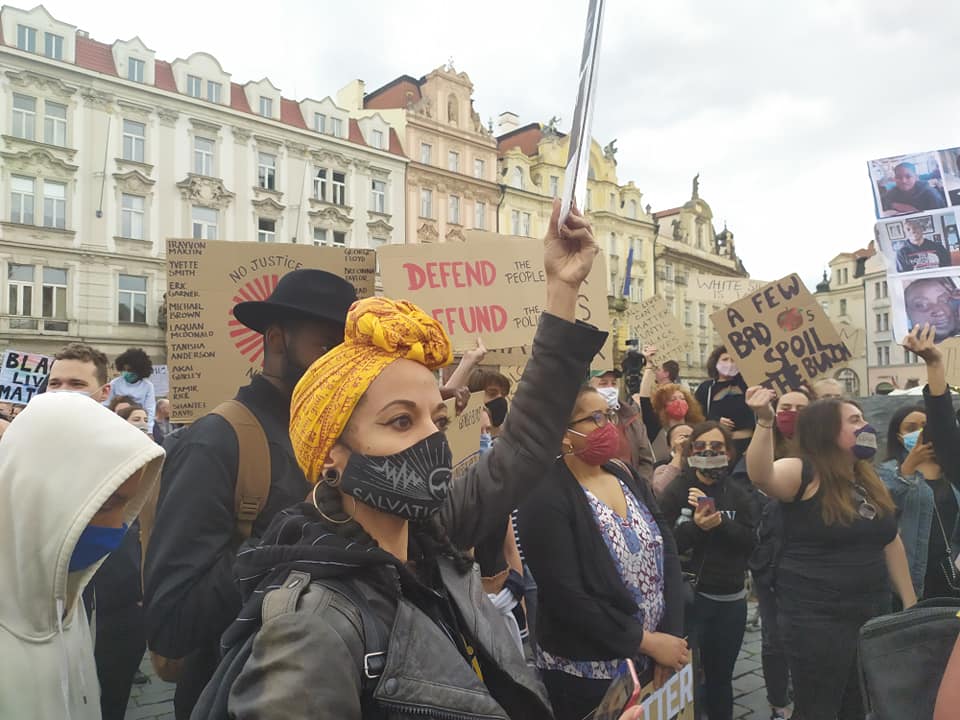
Nancy said that sometimes she is followed around bigger shops by “very indiscreet security guards” but that it’s happening “much less as years go by.” There are occasional uncomfortable moments for her kids, where someone will say, “‘Oh you are Black aren’t you?’” And there are “unfriendly stares, curious stares.”
But for Nancy, such moments were hard to distinguish from her sense of general xenophobia.
When it comes to safety, however, she is very happy to have her family in Prague.
“If there was a gang of UK white youths in hoodies hanging on one side of the street and a gang of Czech youths in hoodies hanging on the other side, and I was walking on my own, I would choose to walk on the Czech side every day of the week,” she said.
“I just don’t feel Czechs have the gang youth problem that makes me far more afraid of UK teenagers, even if I was white but doubly so by being black.”
The Czech Republic is a paradise
“I have never experienced racism here,” said Robert Cardenas, a lawyer from Brooklyn with a Czech wife who has lived in Prague for three years.
“I love this country, it’s a paradise,” said Cardenas. “I am safer here.”
Cardenas, the son of a Haitian mom and a Colombian dad, said he is not put off by stares from curious children who rarely see people of his color. “I am great with kids. Once I talk to them, they are so friendly, they adore me,” he said.
Cardenas recalls going to a bowling alley in Beroun with his wife where the guys from the band playing were very curious about him. “Once someone they knew explained who I was, they said, ‘we are playing Michael Jackson for you!’ It wasn’t insulting, it was hilarious.”
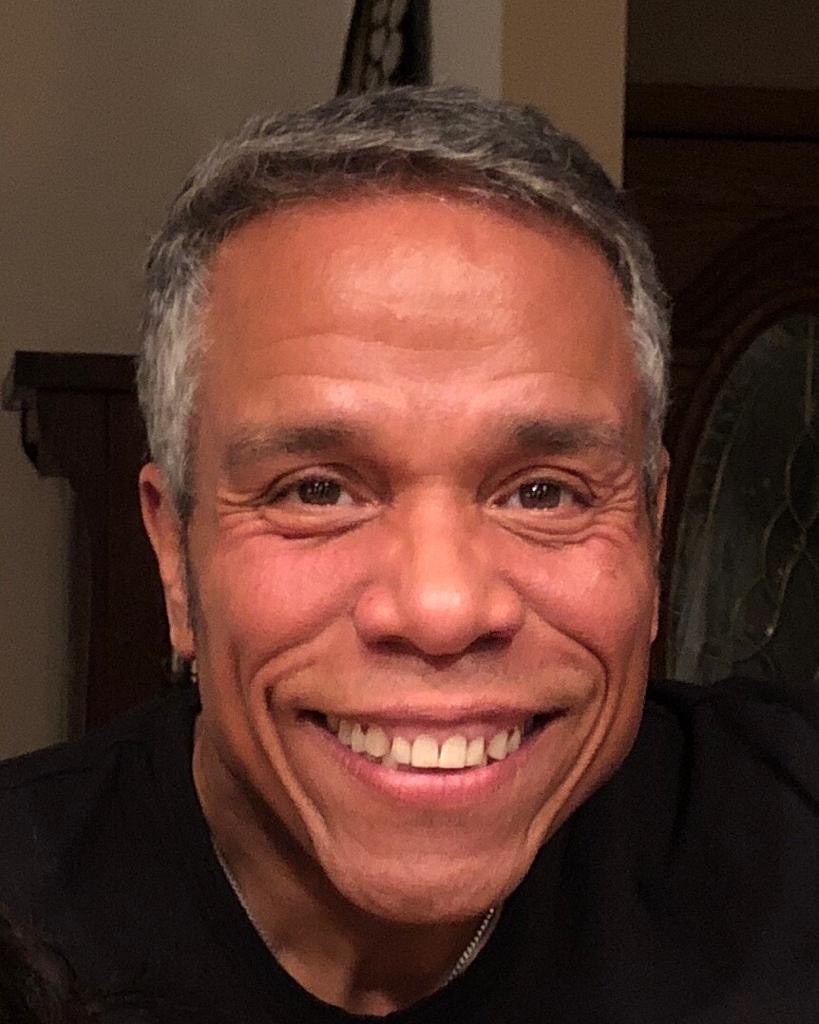
The father of two said he rarely encountered racism in the United States. “It happened only once when cops thought I was a drug dealer as I was walking to my car in Long Island City But as soon as I spoke to them, they knew I was a lawyer and there was no issue,” he said.
Cardenas admits that since he doesn’t speak much Czech and is in the upper financial strata, he is sheltered from certain comments or hostility that others may have encountered. He understands that not all minorities are so lucky.
“I had an African Czech friend who got his ass kicked all the time because people thought he was Roma,” he said.
Are you a person of coloring living in the Czech Republic? Join the discussion.











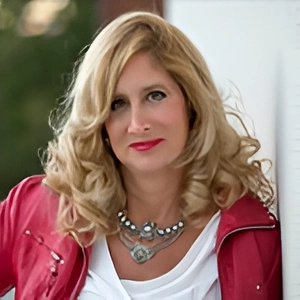
 Reading time: 7 minutes
Reading time: 7 minutes 